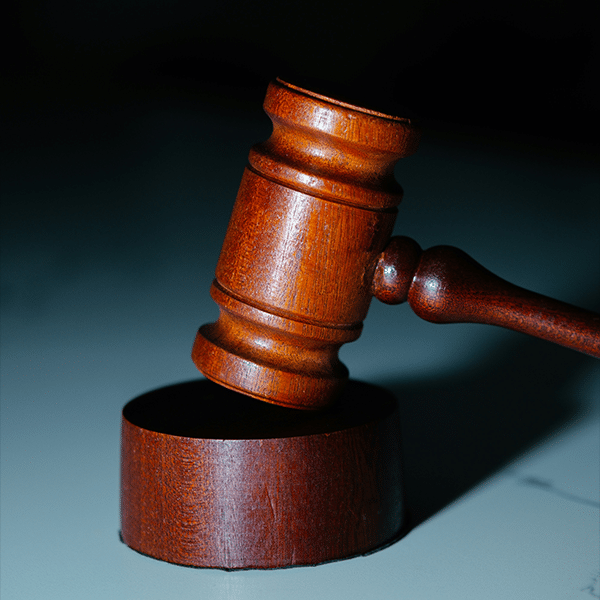In comments to the FCC, associations representing rural broadband providers pushed back on a proposal to expand funding through the Universal Service Fund (USF) Schools and Libraries program (E-Rate) to include Wi-Fi hotspots at other sites outside of school and library buildings. Other commenters, however, said that the hotspots could connect students in low-income families, which they said should be a higher priority.
The dispute began in October when the FCC adopted a Declaratory Ruling allowing E-Rate to fund school bus hotspots. Commissioners Brendan Carr and Nathan Simington voted against the ruling, which also drew criticism from members of Congress. Objections ranged from concerns about duplication with other programs to conflicts with existing rules that limit installations to school buildings. The Commission raised these questions in a Notice of Proposed Rulemaking the following month.
NTCA – The Rural Broadband Association agreed that funding for hotspots could become duplicative and inefficient if not done correctly. Current USF and other programs already fund internet connections for low-income homes, NTCA noted.
“Providing E-Rate funds for Wi-Fi hotspots at a household where an existing broadband connection is already available and supported by the High-Cost USF program or other governmental initiative would waste USF resources that could be used to promote deployment of broadband facilities elsewhere as needed,” the association said.
Instead, NTCA suggested “careful coordination” to ensure that no areas already supported by the High-Cost Fund receive E-Rate Hot Spot funding.
NTCA also observed that current rules limit E-Rate funding to connections for educational purposes in “a place of instruction.” Claims that there are sufficient funds in the E-Rate budget for the Notice’s proposed expansion of the use of E-Rate funds miss the point, according to NTCA. The Act is the “final arbiter of what the Commission can and cannot do with whatever levels of funding are available,” the association said.
Other groups agreed it would be difficult for the FCC to implement its hotspot policy within the current rules.
“To begin, research shows that students spend significantly more time using the internet for video games and social media than for homework,” said ACA Connects, which represents rural cable TV and broadband providers. “Even if students used the internet for the entire duration it took to complete their homework [which is an extremely unlikely assumption], the average student would still spend more time on the internet each night for recreational use.”
From a mobile service providers’ perspective, T-Mobile argued for a new interpretation of the rules. “The Commission should designate Wi-Fi hotspot services and equipment as Category One, just as it recently did for school bus Wi-Fi. In doing so, the Commission can rely on existing prioritization and other rules to incorporate Wi-Fi hotspot services and equipment into the program,” the company said.
The FCC separates E-Rate funding into Category One connections to the school from an outside provider and Category Two connections through internal wiring in the school. The FCC, T-Mobile said, could designate certain hotspot areas outside the school as eligible under Category One, just as it did for school buses last year.
Many commenters represented school districts and public libraries, which preferred to prioritize connectivity.
“The community need for more bridges to internet connectivity is clear, the FCC’s authority is established, and libraries and schools are knowledgeable and trusted stewards of public funding to address the diverse digital needs of our campuses and communities,” said the American Library Association. ALA pointed to other instances “throughout the history of the program” when the FCC has allowed off-premises installations for educational purposes.
The COVID-era Emergency Connectivity Fund (ECF) program, administered by the FCC via schools and libraries, already funds hotspots but is expected to wind down soon.



